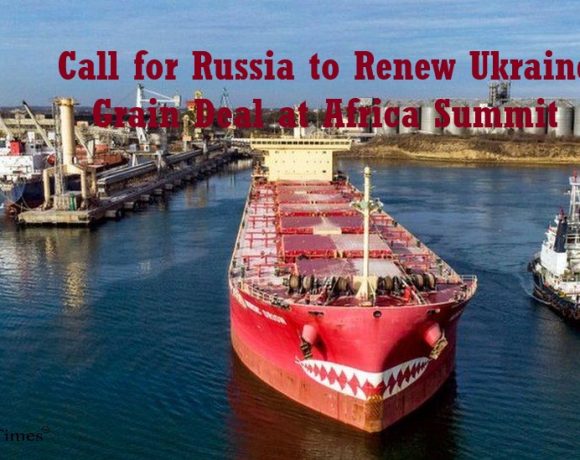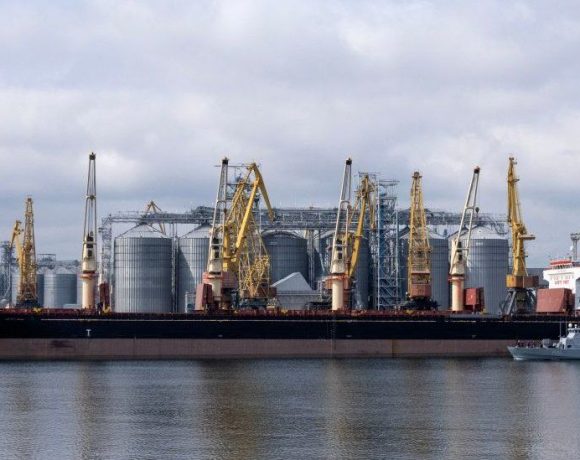
Egypt’s President, Abdel Fattah al-Sisi, has urged Russian President Vladimir Putin to renew the grain export deal with Ukraine during a summit hosted by Russia.
Al-Sisi emphasized the importance of reviving the deal and finding a swift solution to supply the poorest African countries with grain. Russia had withdrawn from the agreement and subsequently bombed Ukrainian Black Sea ports. In response, Putin blamed the West for failing to fulfill its obligations under the deal and offered to provide Russian grain for free to six African countries.
These countries include Burkina Faso, Zimbabwe, Mali, Somalia, Central African Republic, and Eritrea, except Somalia, which is experiencing a severe humanitarian crisis. The summit also saw African leaders urging Putin to consider a peace plan proposed by them to end the war caused by Russia’s invasion of Ukraine.
The plan calls for recognizing the sovereignty of both Russia and Ukraine, conducting urgent peace talks, and ensuring uninterrupted grain exports. The blockade of Ukrainian Black Sea ports following the invasion caused a significant amount of grain to be trapped, leading to a surge in world food prices and potential shortages in Middle Eastern and African nations that heavily relied on food imports from Ukraine.
The grain export deal was initially brokered by Turkey and the UN in July 2022, allowing cargo ships to access a designated corridor in the Black Sea for transportation. Ukraine is a major global supplier of crops such as sunflower oil, barley, maize, and wheat.
Picture Courtesy: Google/images are subject to copyright


